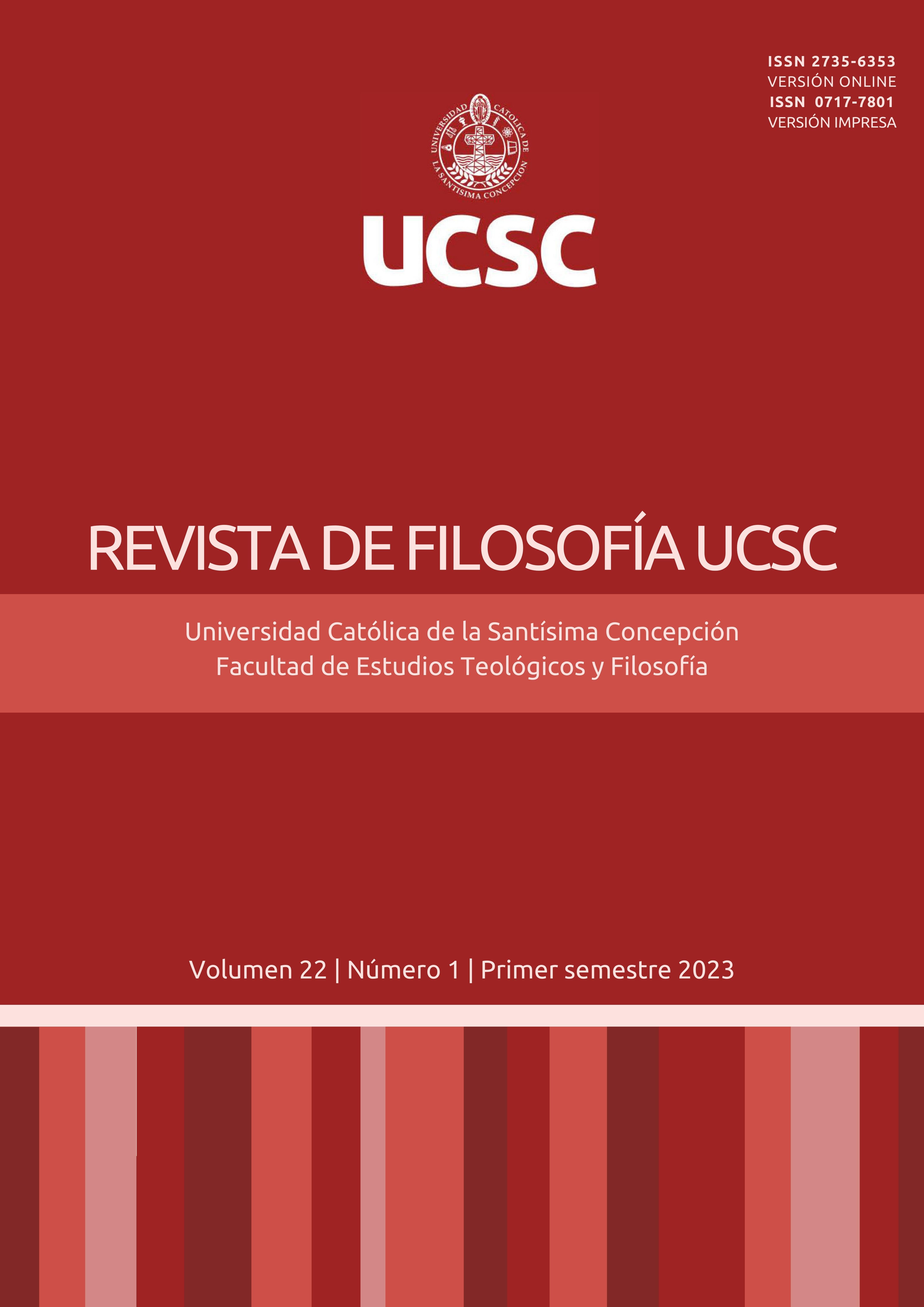La infinitud del mundo, la visión de Simone Weil y Edith Stein
Contenido principal del artículo
Resumen
Este artículo presenta los vínculos entre el pensamiento de Edith Stein y Simone Weil, ambas destacadas filósofas del siglo XX, respecto a la concepción de la ciencia y técnica moderna. La tesis que guiará nuestro trabajo es que las dos pensadoras recuperan la concepción de la ciencia como contemplación del orden del mundo. Esta perspectiva permite cambiar la mirada fisicalista con respecto a la naturaleza y detener los daños que la excesiva intervención de la técnica ha provocado en la naturaleza. De este modo, la ciencia se transforma en puente que conduce al Creador. En el trabajo, se analizan los conceptos de finalidad; la consideración del espacio y la geometría como integradores de la realidad; la percepción como origen del conocimiento y la dimensión trascendente de la ciencia. Cada uno de estos aspectos es analizado desde la óptica del orden intrínseco de las cosas y de la persona dado por el Creador.
Detalles del artículo
Sección

Esta obra está bajo una licencia internacional Creative Commons Atribución-NoComercial 4.0.
La Revista de Filosofía UCSC es de acceso abierto y no cobra por publicar en ella. Además, regula su política de Derechos de Autor y de acceso a sus archivos de acuerdo con la Licencia Pública Attribution-NonCommercial 4.0 International (CC BY-NC 4.0), por tanto, se permite compartir (reproducir y distribuir el material en cualquier medio o formato) y adaptar (modificar, transformar y crear a partir del material) siempre y cuando se de crédito adecuadamente, se incluya la cita con los datos correspondientes. Además, no está permitido utilizar el material con fines lucrativos.
Cómo citar
Referencias
Berríos, F. (2017). El yo como "espíritu" (Geist) en la antropología de Edith Stein y de Karl Rahner. Teología y vida, 58(1), 109-128. https://dx.doi.org/10.4067/S0049-34492017000100005
García, E. (2015). La percepción y la lectura en la obra literaria de Simone Weil. Teseo Press.
Pétrement, S. (1973). La vie de Simone de Simone Weil. Fayard
Pétrement, S. (1997). Vida de Simone Weil. Trotta.
Stein, E. (2002). Obras Completas III. Monte Carmelo.
Stein, E. (2005). Obras Completas II. Monte Carmelo.
Stein, E. (2007). La estructura de la persona humana. BAC.
Stein, E. (s. f a). Endliches und ewiges Sein Versuch eines Aufstiegs zum Sinn des Seins. https://www.karmelitinnen-koeln.de/edith-stein-archiv-kk/gesamtausgabe.
Stein, E. (s. f b). Einführung in die Philosophie. https://www.karmelitinnen-koeln.de/edith-stein-archiv-kk/gesamtausgabe./
Stein, E. (s.f c). Der Aufbau der menschlichen Person Vorlesungen zur philosophischen Anthropologie. https://www.karmelitinnen-koeln.de/edith-stein-archiv-kk/gesamtausgabe /
Weil, S. (1994). Cahiers (1933-septembre 1941). Gallimard
Weil, S. (1997). Cahiers (septembre 1941-février 1942). Gallimard
Weil, S. (1999). OEuvres. Gallimard.
Weil, S. (2002). Cahiers (février 1942-juin 1942). Gallimard
Weil, S. (2006). Cahiers (juillet 1942 -juillet 1943). La Connaissance Surnaturelle. Gallimard.
Weil, S. (2008). Écrits de Marseille. Gallimard.
Weil, S. (2001). Cuadernos. Trotta.
Weil, S. (2003). El conocimiento sobrenatural. Trotta
Weil, S. (2014). Diario de Fábrica. Trotta.
Weil, S. (2016). Simone Weil: pensar con un acento nuevo. Apeiron.




